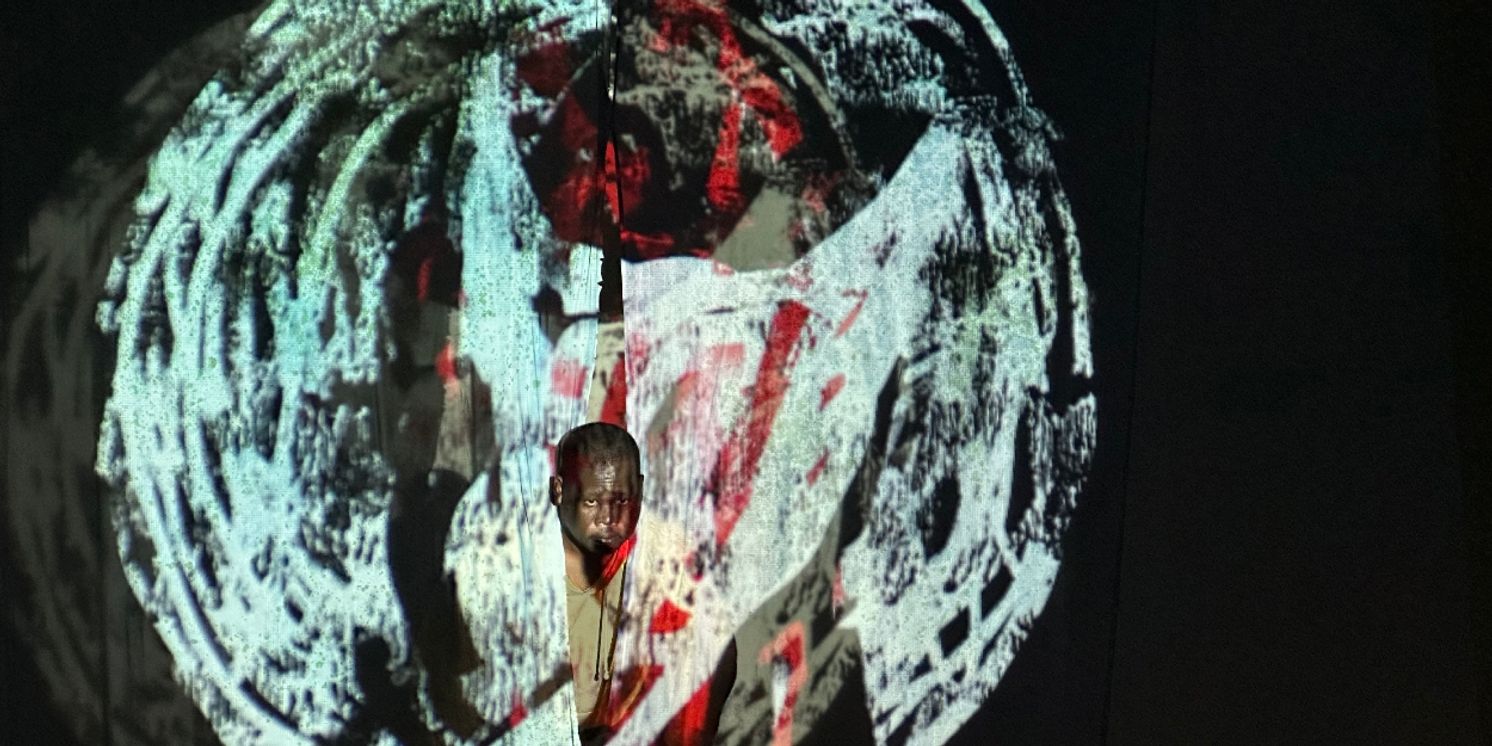mAnJE ! MaNJe Comes to the Magnet Theatre
The show premieres at Magnet Theatre for a limited season from 6-16 November 2024.

Multiple award-winning Magnet Theatre will present a brand new show mAnJE ! MaNJe (an epic) this November.
An innovative and exciting theatre production, mAnJE ! MaNJe (an epic) is made possible by grants from the National Lotteries Commission and the National Arts Council of South Africa. The show premieres at Magnet Theatre for a limited season from 6-16 November 2024.
Bookings can be made at Webtickets
Following on from the huge success of Mark Fleishman’s Oedipus at Colonus #aftersophocles (nominated for 8 Fleur du Cap Theatre Awards with the chorus winning for Best Ensemble), Magnet Theatre brings you another powerful investigation of our current moment.
Meat, fire, metal and plastic. What will come to define this modern era? As humankind moves closer towards the end of the Anthropocene, and the beginning of the Plasticine, will we be remembered for our ingenuity or for having engineered our destruction?
Directed by Mark Fleishman with a musical score composed by Neo Muyanga and immersive visual projections by Vienna-based, South African artist, Marcus Neustetter, this new Magnet production draws on the story of the ancient Greek inventor and super-engineer, Daedalus, to stage a profound and prophetic lament on the human condition in the age of the machine, big data and the climate catastrophe.
A wonderful ensemble of musicians and singers combine with the Magnet Theatre Youth Company, Jennie Reznek and Mwenya Kabwe to perform what promises to be an exciting and stimulating experience.
mAnJE ! MaNJe (an epic) was seeded at the Centre for the Less Good Idea in their 10th anniversary season in 2023 as an 11 minute epic.
“The production is built around a series of mythic stories of the so-called Minoan civilization on the island of Crete, between 3000 and 1100 BCE, and their relationship with the figure of Daedalus reimagined from a perspective in Africa,” says director Mark Fleishman.
“These stories were never part of a coherent collection, a continuous mythic poem for instance. And yet they do suggest a chronology that might be understood as a cycle of stories. In other words, we can assemble the various story fragments into episodes that together form an epic construction.”
An epic is an extended narrative in poetic form that traditionally combines the spoken word and music. It is made up of a multitude of episodes that are not chronological and are linked by musical or choreographic interludes, often choral in nature. The actions of the epic narrative span great and varied geographic distances and temporalities. The epic lies somewhere between history and myth and its fundamental function is recognition of identity and human commonality in relation to an epoch or a culture or even, perhaps, the planet. It is usually, as in the case of mAnJE ! MaNJe, an image of the past intended for the future.
“In the production we are trying to create an epic form for the 21st century that reveals something about the contemporary moment and our sense of time,” says Fleishman.
“We suffer from a lack of duration, the experience of time passing, of lingering slowly and intently or attentively . We zap instead from point to point or from one intense moment to the next . And yet perhaps this has always been part of the epic form which traditionally advances through paroxysm - explosions of energy driven by transgression. The epic performance was always hybrid, involving speech, song, music, dance, poetry etc. Now however, we might find a translation of speech itself, the Interpretation of poetic form in multiple not always textual modalities. What happens when the spoken word is translated into the moving body or the visual image or other materialities for example? Perhaps this reveals a general shift from the textual to other modalities of perception in our time. A kind of Instagram epic? Or do we hold onto the word as a form of resistance to the dominant, revelling in ever evolving stylistic modes of expression, as in hip hop, rap or kwaito for instance?”

Videos

